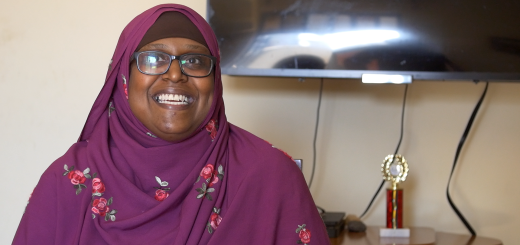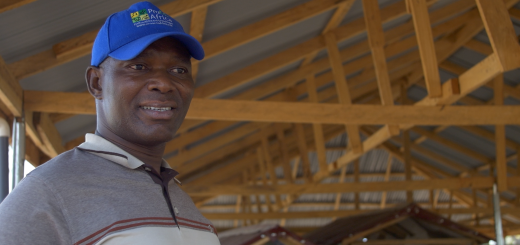Film review: Free Money
I admit that I’m a bit of a fan of Give Directly and of direct cash in principle. The arguments are compelling: direct cash hands power to developing communities – the very people who know best what they need.
And so I was looking forward to watching Free Money, a documentary directed by Lauren DeFilipo and Sam Soko. I was a little worried, after watching the trailer, that it might be a puff piece on Give Directly – nothing wrong with that, but a one and a bit hour corporate video isn’t my cup of tea.
But this is no corporate video.
I should have realised that, with DeFilippo’s and Soko’s reputations for creating powerful documentaries, this one would be thought-provoking. It raises many questions and reveals that simply handing out cash to people may not the panacea that we would all hope. It’s complicated.
The story follows the residents of a small village in Kenya who are selected by Give Directly to receive a “Universal Basic Income” of $22 per month for 12 years by mobile phone payments (mobile payment is one of the recent technological advances that make such projects possible in remote, developing communities were ATMs and banks are not usually accessible). The villagers would not be asked for any repayment and were free to make their own decisions about how to spend the money. Give Directly hoped that the project would demonstrate that people could be trusted to make the right decisions for their future and didn’t need to be told by foreigners from iNGOs how to live.
Fantastic, you might think. Shift The Power!
Immediately the cracks begin to show.
When we talk about trust, we immediately think about how to trust the recipient with the money. But what if they don’t trust you? The Villagers were initially suspicious: “There’s no such thing as free money! What do they want in return?” One man even reported a rumour that it was foreign “Devil money” and they would be expected to sacrifice their first-born children. Even the local church at first said it might be a “sin” to take foreign money but then quickly locked onto the idea that when people get the cash, they should donate 10% to the Church.
The initial scepticism was quickly overcome, cash has that effect, but later more serious issues were raised.
Who gets the money? Who’s left out? How do the people in the next village, who get nothing, feel? Will it breed resentment? Give Directly’s Universal Income idea was clearly an A/B test – is it right to experiment with people’s lives, especially if they are vulnerable and poor? Ultimately, are they playing God? And who gives anyone the right to turn a small community into a petri dish. Even so, does that matter when ultimately many people’s lives will be improved by what we learn? Does the end justify the means?
At the end of the story one of the injustices of the project was resolved when the villagers came together to tackle the issue themselves. Ironic really.
Free Money is available on Sky Store and Apple TV in the UK and on Netflix in Africa.



